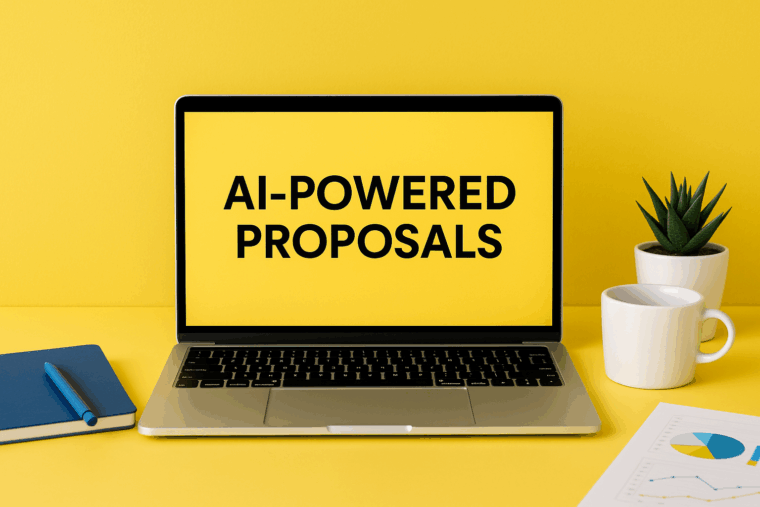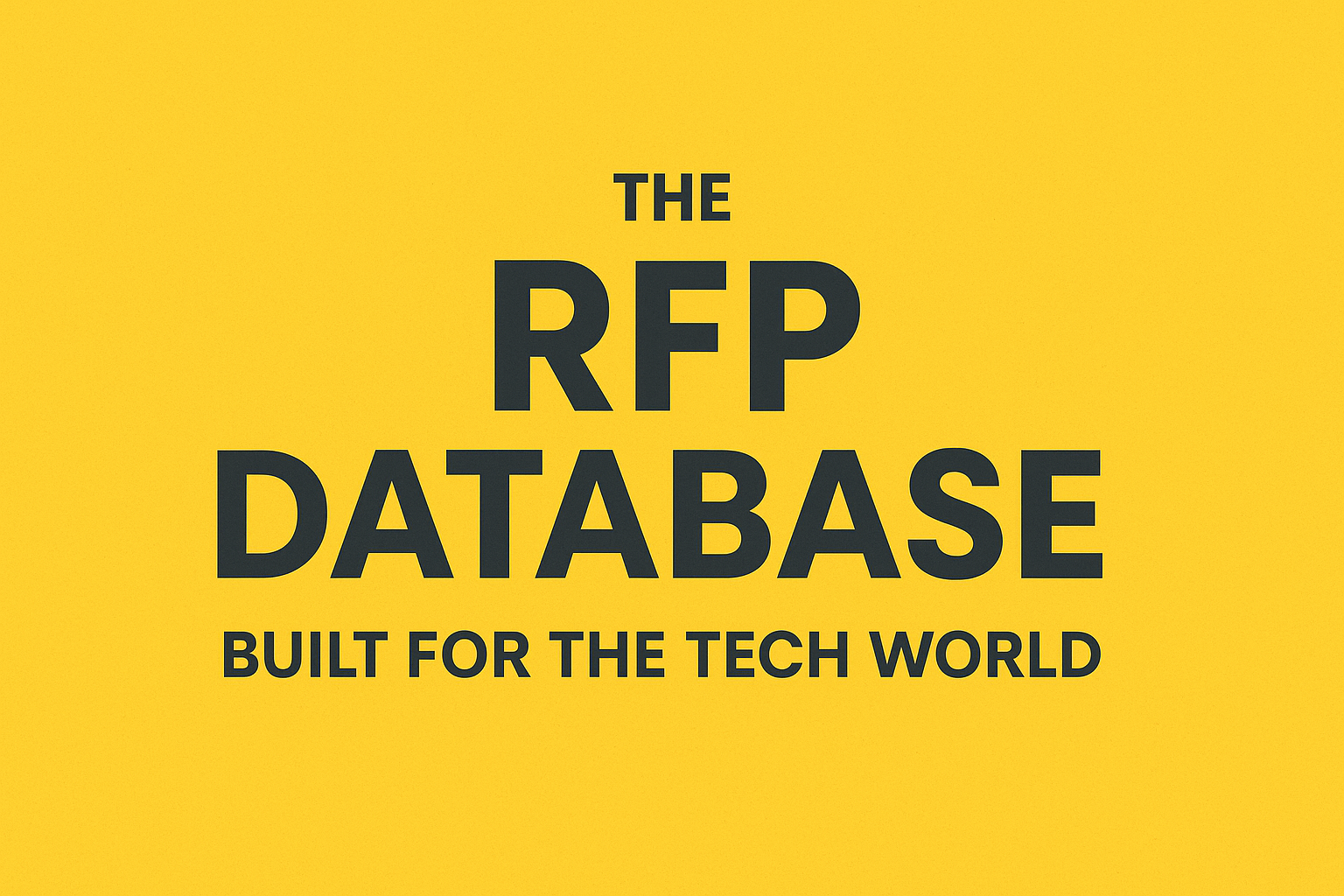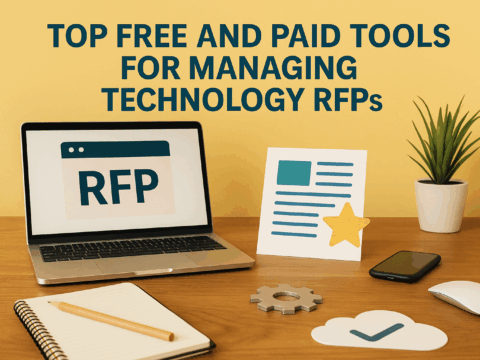We don’t have to lie to ourselves. Responding to RFPs, with its tight deadlines, 40 compliance requirements, and boilerplate content that you can still call at least somewhat fresh, have never been a breeze to handle. For small and midsize technology vendors, submitting one government or non-profit RFP is like juggling dozens of different acronyms during a marathon. But you know what the good news is? We’re shifting this era to a new level and realizing that AI may well be a bid. A manager’s best partner could not even know it.
The New Reality of Proposal Writing in 2025
As of 2025, the RFP landscape is shaped by two massive forces:
- An explosion of technology solicitations, more web, app, cloud, and cybersecurity RFPs are published by the government and non-profits than ever.
- The rise of AI tools, not to eliminate humans but to empower them.
AI in proposal management has stopped being an experiment; it’s become a competitive advantage.
Based on Loopio Trends Report 2025, 63 of 71 % of proposal teams leverage some form of AI, from content recommendation and retrieval to narrative drafting. While the trendsetters are multi-million-dollar enterprise platforms RFPIO and Qorus, smaller squads are rapidly catching up via democratized open AI, lightweight streamlining, and intelligent templates.
What AI Can (and Can’t) Do for Proposal Teams
Let’s set the record straight. AI isn’t going to write and win your next RFP on its own. But it can dramatically improve your speed, quality, and strategic focus.
Here’s how:
AI Can Help You With… What It Means in Practice
Content Drafting. Generate first drafts for repetitive sections (e.g., company overview, technical approach, staffing plan).
Research & Contextualization. Summarize long RFP documents, identify keywords, and highlight compliance points.
Time Efficiency. Save hours by letting AI summarize, rephrase, or adapt previous responses to fit new requirements.
Consistency. Maintain tone and messaging consistency across large multi-writer teams.
Collaboration. Tools like Notion AI, ChatGPT, and Jasper streamline feedback loops among SMEs and writers.
But AI can’t replace your strategic thinking, your client understanding, or your storytelling.
Think of AI as your co-pilot, fast, tireless, and great with words, but you’re still flying the plane.
The Best AI Tools for Proposal Managers (2025 Edition)
Here are the favorite AI-driven tools for small to midsize tech proposal teams; affordable, practical, and built for results.
1. ChatGPT / GPT-5 (via OpenAI)
Your most flexible assistant. Use it to:
- Summarize RFP sections
- Draft outlines for executive summaries
- Rephrase boilerplate content in a client-specific tone
2. Notion AI or ClickUp AI
Perfect for internal collaboration.
- Draft content directly inside your proposal workspace
- Create task summaries, to-do lists, and progress updates automatically
- Build a “Proposal Brain” with reusable answers and reference content
3. Grammarly & Wordtune
Your digital editors.
- They ensure your proposals sound clear, confident, and client-focused.
- Bonus: Grammarly’s tone detector helps you strike that “professional but human” balance evaluator appreciate.
4. AirTable + AI Plugin
Organize your RFP tracker, deadlines, and team assignments, then use AI blocks to auto-generate summaries, reminders, or status updates.
Built in Microsoft Word, this is a 35-page editable template; you can edit content directly into structured sections like:
- Technical Approach
- Implementation Plan
- Project Timeline
- Org Chart
No design skills required. Just clarity, structure, and consistency.
Download the editable proposal template for website RFP.
Best Practices for Using AI Responsibly
As exciting as this is, AI use in proposals needs boundaries.
Here’s how to use it effectively and ethically.
✅ Do:
- Use AI to enhance human creativity, not replace it.
- Fact-check every claim, stat, and compliance statement.
- Keep proprietary or client data out of public AI tools.
- Customize tone for each client. AI can’t feel nuance unless you guide it.
🚫 Don’t:
- Paste full RFP documents into chatbots with confidential data.
- Assume the AI knows your industry as deeply as you do.
- Let automation override storytelling; evaluators value authenticity.
The Bottom Line: The Smart Teams Are Already Using It
Winning proposals have always been about clarity, strategy, and speed, and AI supports all three.
The most successful proposal managers aren’t afraid of AI; they’re training it to reflect their company’s voice, values, and vision.
So if you’re a tech vendor trying to break into public-sector or nonprofit contracts, now’s the time to experiment, learn, and integrate.
Start small. Automate a section. Build an AI-ready content library.
And remember, the best proposals still come from human intelligence powered by artificial intelligence.
“AI won’t replace proposal writers. But proposal writers who use AI will replace those who don’t.”







